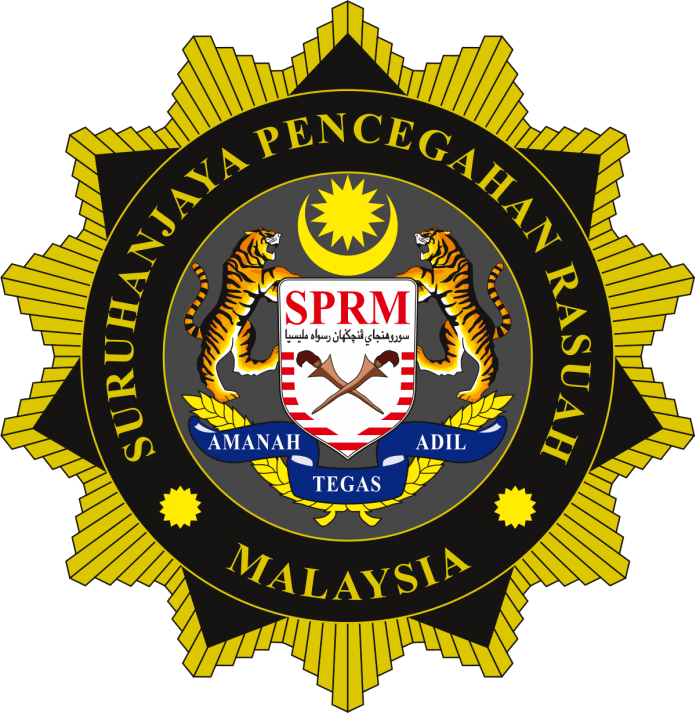By Sharon Chang
The New Corporate Liability Offence For Failure To Prevent Corruption
The Bill imposes a new corporate liability on commercial organisations for failing to prevent bribery and places the burden on those covered by it to prove they have adequate procedures in place.
WHEN WILL IT TAKE EFFECT
Recently, it was announced that the corporate liability offence will take effect from June 2020, two years after it was approved. In the meantime, guidelines will be issued by relevant authorities to provide guidance to the public and to allow the parties affected by the new amendment to take necessary steps to ensure they will not infringe the new act.
WHAT IS THE OFFENCE UNDER SECTION 17A
A commercial organisation commits an offence if a person associated to it corruptly gives, agrees to give, promises or offers to any person gratification with the intent to secure business or an advantage for the commercial organisation.Person associated with the commercial organisation is:
• Director, partner, employee or agent of the commercial organisation; or
• The person performs services for or on behalf of the commercial organisation.
A commercial organisation is:
• A company incorporated under the Companies Act 2016 which carries on business in Malaysia and elsewhere;
• A company incorporated overseas which carries on business in Malaysia;
• A partnership under the Partnership Act 1961 or a limited liability partnership under the Limited Liability Partnerships Act 2012 which carries on business in Malaysia or elsewhere;
• A partnership formed overseas which carries on business in Malaysia
WHO IS LIABLE
Section 17A states that where the offence under the Section is committed, the commercial organisation will be liable regardless whether it has actual knowledge of the offence of its associated persons.
Additionally, the director or any person who is involved in the management of its affairs at the time of the commission of the offence will be deemed liable for failing to prevent the corruption.
These individuals need to prove that the offence was committed without their consent or collusion and that they exercised due diligence to prevent the act of corruption.
Employers will be expected to have in place policies and exercise adequate procedures to prevent the act of corruption by employees. The guidelines which will be issued by the relevant authorities will provide guidance to what amounts to adequate procedures.
WHAT IS THE DEFENCE AVAILABLE
The only defence under Section 17A offence is the commercial organisation must prove there are adequate procedures in place and implemented to prevent persons associated with the commercial organisation from committing the corruption.
The Guidelines on Adequate Procedures:
1. Top-level Commitment
Directors, partners or anyone involved in the management of the organisation’s affairs need to ensure the organisation complies with the anticorruption laws and regulations.
2. Risk Assessment
Comprehensive risk assessments need to be conducted at regular intervals to identify evolving risks of corruption. The guidelines suggest the risk assessments should be done every three years.
3. Undertaking Control Measures
All appropriate contingency measures including due diligence and stringent financial controls to address the corruption risks identified must be in place and documented.
4. Systematic Review, Monitoring and Enforcement
Establish, review and maintain regular monitoring programmes, conduct internal audits and external audits.
5. Training and Communication
The organisation’s anti-corruption policies need to be communicated to internal and external parties, and to conduct regular and relevant trainings to organisation’s members and external stakeholders.
WHAT IS THE PENALTY
When found guilty, under Section 17A, the penalty is (i) a fine not less than 10 times the value of the bribe or RM1 million, whichever is higher, (ii) imprisonment term not exceeding 20 years, or (iii) both.
CONCLUSION
Commercial organisations need to ensure adequate procedures are in place to prevent commission of bribery by their employees, agents and other associated parties. Although there is a two-year grace period for these organisations to put these procedures in place, they should start performing risk assessments of its business to ascertain what resources and steps it needs to take to put together the prevention mechanisms.
When asked on the challenges that MACC will face with the implementation of Section 17A, Deputy Commissioner of MACC (Operation), Datuk Seri Azam Bin Baki, says
“The main challenge is the capability and capacity of the officer in charge of the investigation as this is a new act. We benchmarked and leveraged from countries such as United Kingdom (Section 7 UK Bribery Act 2010), United States (FCPA), Singapore, Thailand and other countries that have implemented the act on corporate crime liability.”
Datuk Seri Azam Baki suggested that:
• The commercial organisations found guilty under Section 17A be blacklisted from all government contracts.
• The government should implement Deferred Prosecution Agreement (DPA).
• MACC needs sufficient manpower to strengthen its organisational structure to include background checking and investigation.
• MACC needs to collaborate with entities such as Central Bank of Malaysia, Companies Commission of Malaysia, Securities Commission Malaysia and Inland Revenue Board of Malaysia.










